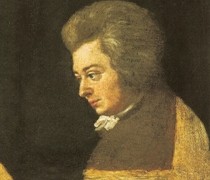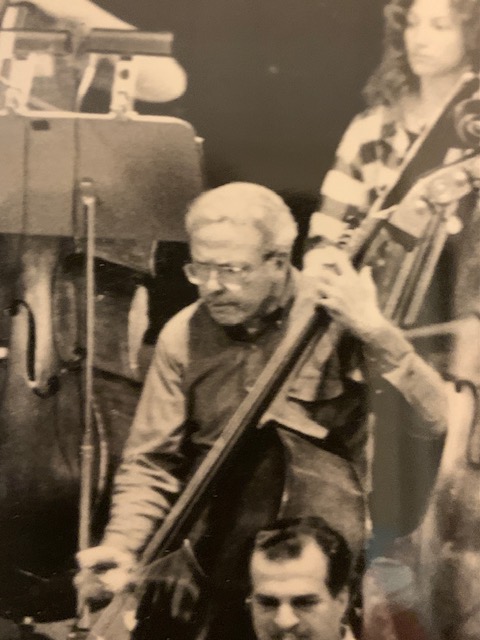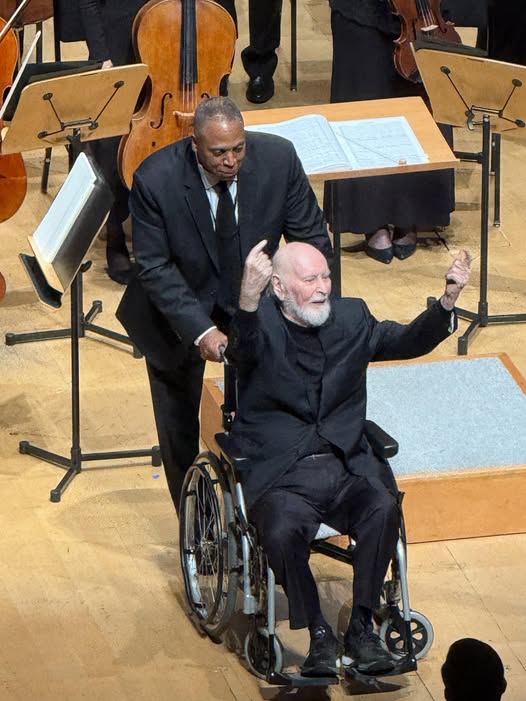New Köchel catalogue lists 95 pieces of unheard Mozart
NewsThe latest update to the catalogue of Mozart’s works, published yesterday after 18 years in the making, is 1,392 pages long and weighs 3kg.
It contains 95 new listings, among them a 12-minute string trio and various piano pieces written by the boy for his sister.
The massive project is accessible online here.






Comments